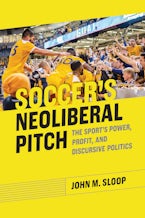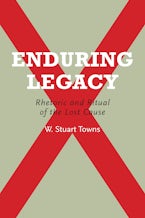Critical studies of the range of King’s public discourse as forms of sermonic rhetoric
The nine essays in this volume offer critical studies of the range of King’s public discourse as forms of sermonic rhetoric. They focus on five diverse and relative short examples from King’s body of work: “Death of Evil on the Seashore,” “Letter from Birmingham Jail,” “I Have a Dream,” “A Time to Break Silence,” and “I’ve Been to the Mountaintop.”
Taken collectively, these five works span both the duration of King’s career as a public advocate but also represent the broad scope of his efforts to craft and project a persuasive vision a beloved community that persists through time.











